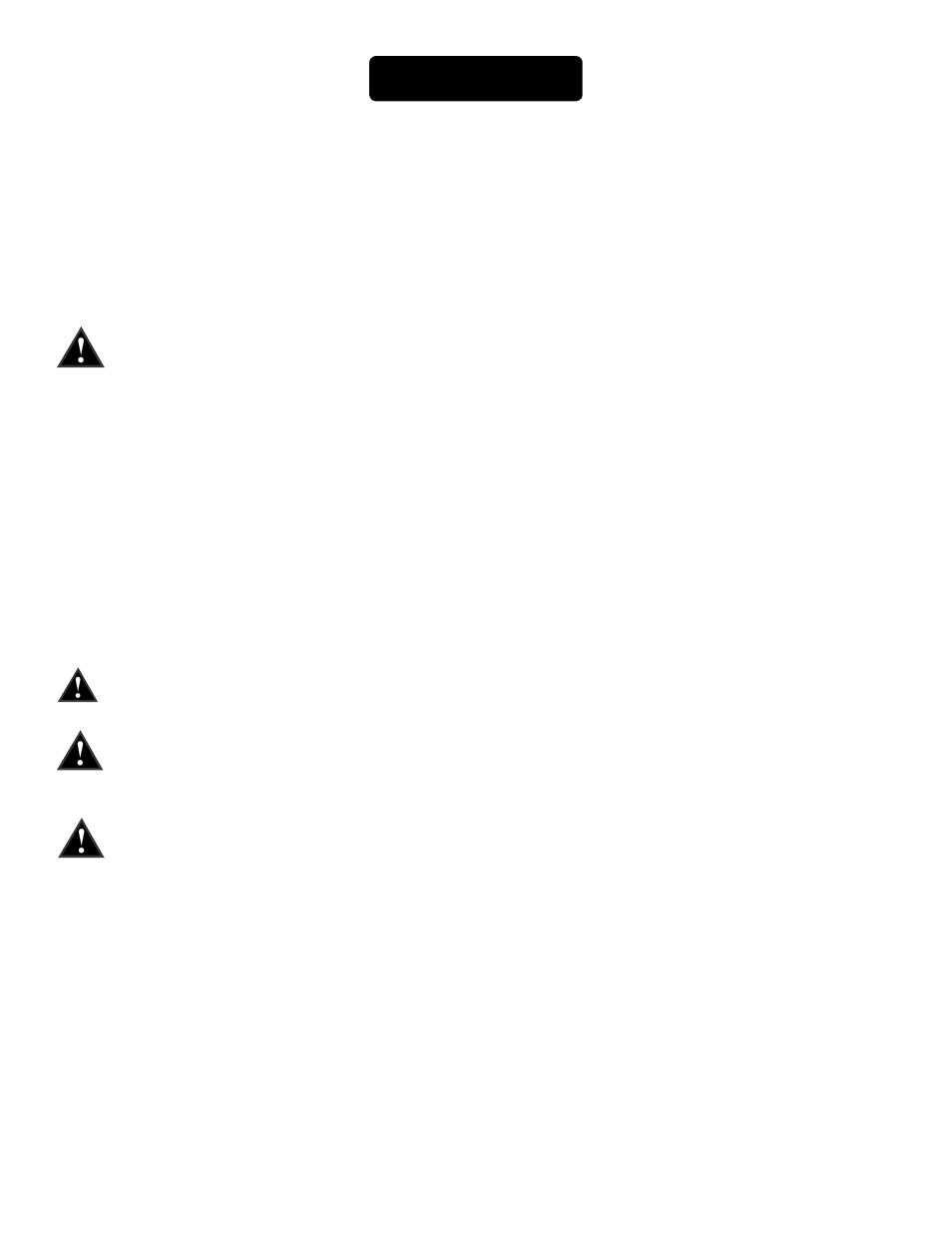Ipr2, English – Peavey IPR2 2000 2-Channel Power Amplifier User Manual
Page 24

IPR2
™
2000/3000 DSP
Power Amplifier
As the name implies, the IPR2
™
2000 and 3000 DSP all include advanced digital signal processing. The DSP was designed to be incredibly
effective, yet extremely easy to use. Using unique and revolutionary advanced bass enhancement processes, the IPR2 DSP amplifiers
dramatically improve the perceived level of bass in any system, using a fraction of the power that would be required with any other power
amplifier.
Before you send signal through your amplifier, it is very important to ensure that the product has the proper AC line voltage supplied. You
can find the proper voltage for your amp printed next to the IEC line (power) cord on the rear panel of the unit. Each product feature is
numbered. Refer to the front panel diagram in this manual to locate the particular features next to its number.
Please read this guide carefully to ensure your personal safety as well as the safety of your amplifier.
IPR2
™
2000 / 3000 DSP FEATURES:
• DDT
™
protection
• Revolutionary IPR2 class D topology
• Combination XLR and 1/4” inputs
• 2-pole twist lock output connector
• Light weight
• Individual signal patch-thru 1/4” jacks on each channel
• LED illuminated
• DSP-based Loudspeaker Management System
• Up to 120 ms of delay per channel
• 4 bands of parametric equalization per channel
• Security lock
• Adjustable Crossover
• Adjustable second through fourth-order high-pass filter each channel
• MAXX Bass
®
bass enhancement circuitry
• Horn EQ each channel
• Blue, backlit LCD screen indicates DSP setting
WARNING: PLEASE REVIEW YOUR DSP SETTINGS BEFORE SENDING SIGNAL TO THE AMPLIFIER.
INCORRECT SETTINGS CAN POTENTIALLY DAMAGE SPEAKER ENCLOSURES.
VENTILATION:
For proper ventilation, allow 12" clearance from nearest combustible surface.
Make sure that vents are not blocked and air can flow freely through the unit.
WARNING:
Changes or modifications to this unit not expressly approved by the party responsible for compliance
could void the user's authority to operate the equipment.
NOTE:
This equipment has been tested and found to comply with the limits for a Class B digital device, pursuant to
Part 15 of the FCC Rules. These limits are designed to provide reasonable protection against harmful interference in
a residential installation. This equipment generates, uses and can radiate radio frequency energy, and if not installed
and used in accordance with the instructions, may cause harmful interference to radio communications.
However, there is no guarantee that interference will not occur in a particular installation. If this equipment does
cause harmful interference to radio or television reception, which can be determined by turning the equipment off and
on, the user is encouraged to try to correct the interference by one or more of the following measures:
• Reorient or relocate the receiving antenna.
• Increase the separation between the equipment and receiver.
• Connect the equipment into an outlet on a circuit different from that to which the receiver is connected.
• Consult the dealer or and experienced radio/TV technician for help.
ENGLISH
